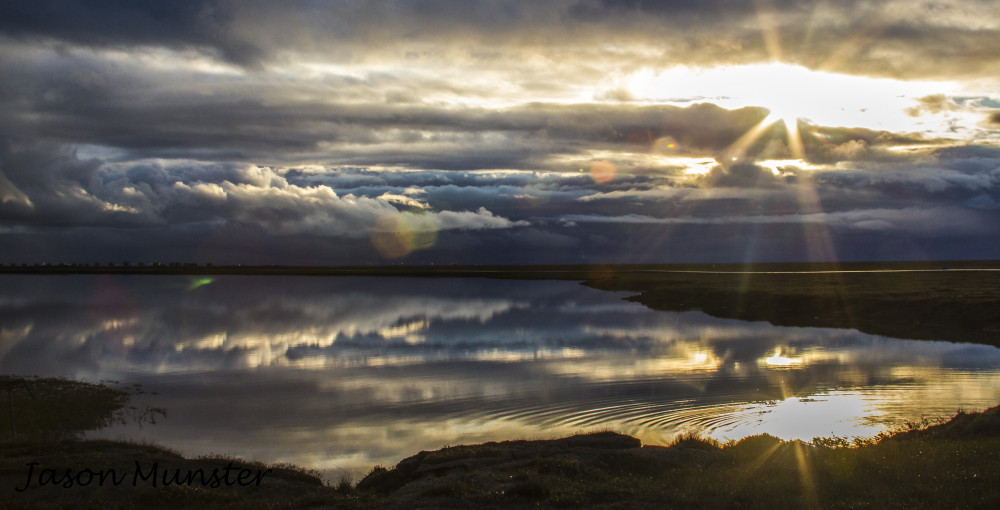Big houses use more energy to heat and cool, for reasons you might not suspect. Houses lose heat to the outside. Nearly all houses are drafty in some form or another, and they need to be somewhat drafty, as we will soon find out.
When energy prices skyrocketed in the 70s due to price gouging and market manipulation of oil (thanks, OPEC), there was a big movement to make it so houses didn't leak air (and leak their heat energy in the process). The idea is that for every bit of air you heat and then let out into the environment, you have just wasted energy. So the process of sealing houses began.

OPEC oil embargoes of '73 and '79. The prices of energy spiked worldwide.
Some groups bragged that they could build houses that only exchanged 1% of their air per hour with the outside. In other words, it would take 4 full days to lose all the heat or AC energy of a house to the outdoors. Excellent, right?
It was excellent in terms of energy savings. But anyone with a flatulent spouse/significant other can tell you that being stuck in a place that is producing unhealthy fumes is dangerous if you don't vent it. It turns out that a lot of basic human activity, like cooking and heating, produce things that are bad for humans and need to be vented.
Much more importantly for advanced cultures*, cooking (it boils water, yo) and breathing and sweating make the air inside a house humid. Humidity in a house causes mold that can make you ill or, in extreme cases, kill you. One of the most effective ways to remove all this humidity is to let the air exchange with the outside.
So here we have a problem. We need to seal our houses well in order to save energy on heating and cooling, yet we also need to allow loss of all this heated and cooled air so we don't sweat ourselves out and cause bad mold to grow.
And we arrive to the crux of the matter. A good exchange rate is .6, or that 60% of a houses air is exchanges per hour. Sounds like a lot? It kind of is. But it's what is healthy for normal technology (we aren't all going to install CO and CO2 scrubbers and dehumidifiers in our houses). So in 24 hours, we have
 hours
hours  exchanges per day. Of your entire house volume.
exchanges per day. Of your entire house volume.
So. You have to exchange air in your house. About 15 times per day. Otherwise you might start falling ill. If you have a gigantic house that is 2x larger than you need, then you will use 2x as much energy to keep the place heated and cooled as you need to. So, in short, living in a giant house is a bad thing for energy conservation (take notice, Al Gore**)
Next week we will suspend our assumption that all houses have decent exchange rates, and discuss why this is a huuuuge policy gap.

You don't really need to live in a place like this, do you?
Thanks for reading!
- Jason Munster
*Developing countries still use coal. By 2020 there will be up to an estimated 400,000 deaths per year in China from indoor air pollution associated with burning coal for heat and cooking in poor rural homes (160,000 median estimate). Obviously this is more pressing than mold.
**I was going to rip Al Gore a new one for having had a huge electricity bill just after making An Inconvenient Truth, but it turns out that in 2007, before it was cheaper or easier, he elected to power his home, in TN, with solar and wind power almost exclusively, jacking up the price to a level higher than most Americans pay. So yeah, he did have a much higher electricity bill than the average American, but he only used about 4x the electricity, apparently. Which is still a lot. Except that he and Tipper both also work out of their houses. And now they have solar panels all over it. So it's not that bad. Though it is still huge.
